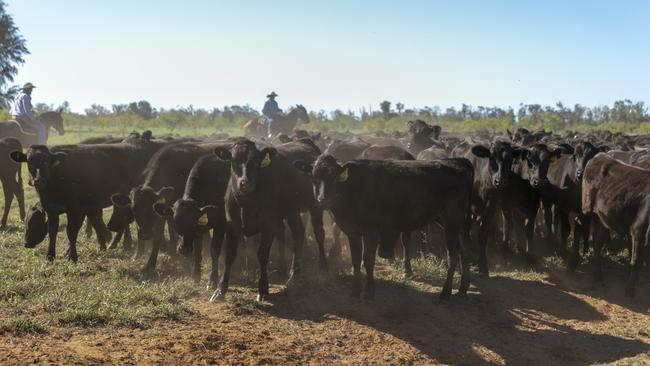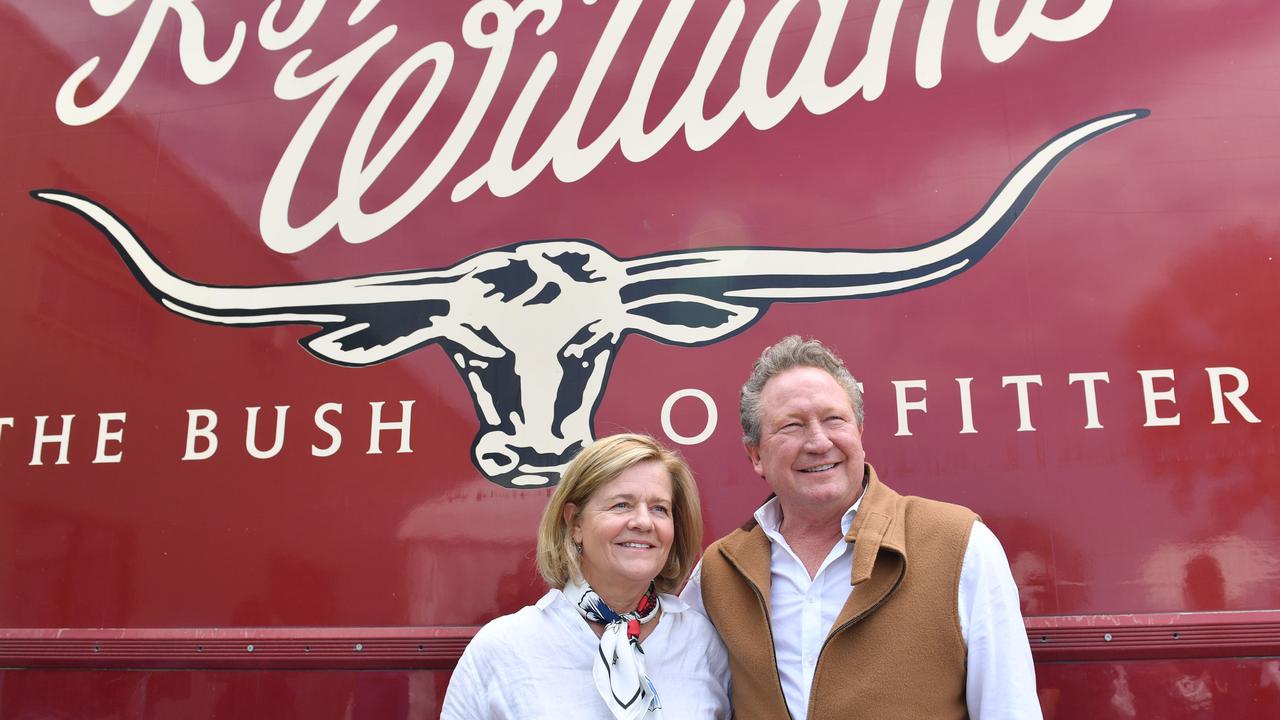Floods, drought, widen AACo loss
Beef producer AACo blames “extreme” weather conditions for a bigger full-year loss.

Australian Agricultural Company has widened its full-year loss following a year of “extreme” conditions, including floods and drought.
After flooding in the Gulf region of Queensland earlier this year weighed on earnings, the country’s largest beef producer has posted a net loss of $148.4 million for the full-year through to March, compared to a loss of $102.6m a year earlier.
Meat sales during the period dropped 26 per cent to $246.3m, while cattle sales shot up 151 per cent to $117.8.
Still, underling operating profit, which strips out one-off events, lifted to $23.7m, compared to an underlying loss of $13.5m in the previous period.
“While we have room for improvement in our results, when you exclude the Gulf flood event, our underlying operating results are positive year-on-year, despite absorbing an additional $60m in drought-related costs,” chief executive Hugh Killen said in an update to the market.
“Underlying operating profit is up more than $37m and our net operating cash flow is an almost $53m improvement from last year.
“Significantly, despite the tough weather, our wagyu herd – the engine of our business – grew by 3 per cent.”
Flooding levels in the Gulf had been unprecedented and impacted 800,000 hectares across four of AACo’s 21 properties.
Ongoing drought and flooding conditions had “significantly” increased station operating expenses, and in particular feeding and transport costs, the company said.
Mr Killen said AACo was progressing plans to mitigate the potential future impact of extreme seasonal weather conditions, after the Gulf flood was dealt a $47m blow to results, while drought had cost it $60m.
“We can’t control the weather, but we can look at how we respond when the weather turns against us,” he said.
“Some of the things we are examining include how we better handle stock and feed in high-risk areas and reviewing our station business model to further de-risk.
“Tough weather conditions are forecast to continue, at least in the short term, which makes our strategy and response in this area even more important.”


